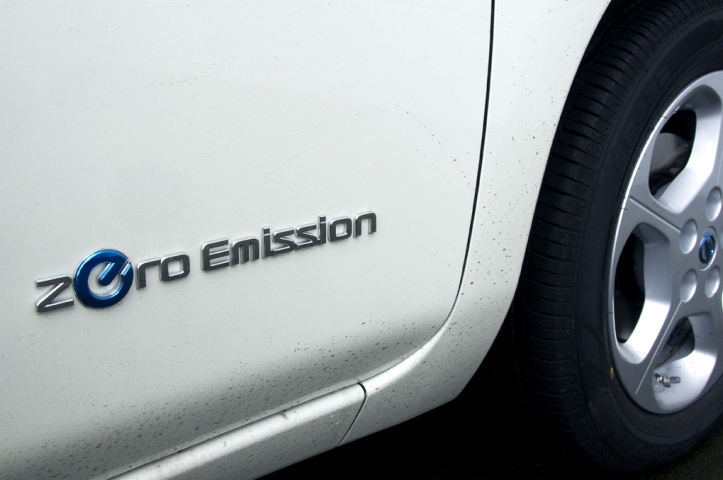Sustainable Biofuels Mandate to be introduced to reduce GHG emissions
“Biofuels offer a practical, low-emissions solution to reduce New Zealand’s transport sector emissions and will be scaled up over time resulting in greater emissions reductions from transport fuels,” Megan Woods said.

- Country:
- New Zealand
The Government will introduce a Sustainable Biofuels Mandate to help reduce greenhouse gas emissions in the transport sector, Energy and Resources Minister Megan Woods said today.
“Biofuels offer a practical, low-emissions solution to reduce New Zealand’s transport sector emissions and will be scaled up over time resulting in greater emissions reductions from transport fuels,” Megan Woods said.
From 1 April 2023, fuel wholesalers will be required to cut the total greenhouse gas emissions for transport fuels they sell by a set percentage each year, by deploying biofuels as a part of their fuel supply.
“Land transport accounts for almost half of all of our national carbon dioxide emissions and we need to take action to start to mitigate transport’s impact on climate change,” Megan Woods said.
“The Sustainable Biofuels Mandate will prevent around one million tonnes of emissions from cars, trucks, trains and ships over the next three years and up to 10 million tonnes by 2035 to help us meet our climate commitments.
“Biofuels mandates are common overseas with more than 60 jurisdictions having them; we had one on the cards more than a decade ago but it was repealed before it came into effect,” Megan Woods said.
“Liquid biofuels are a renewable, low-emissions fuel source that can be immediately used to reduce our transport sector emissions while the rest of our Clean Car Package revs up,” said Transport Minister Michael Wood.
“We need to transition to low-emission vehicles, and biofuels will help reduce emissions while we make that transition. Biofuels have the potential to boost economic recovery through encouraging a local industry and creating jobs.
“We’re committing to develop a separate mandate for aviation fuel during 2022 given the unique challenges the sector faces. The Ministry of Business, Innovation and Employment is working with Air New Zealand on a feasibility study on the potential for domestic production of sustainable aviation fuel and this will feed into that work,” Michael Wood said.
“We know there’s more to do and we’re continuing to look at what else we can do to reduce emissions in the Emissions Reduction Plan which we will release in May,” Megan Woods said.
(With Inputs from New Zealand Government Press Release)










